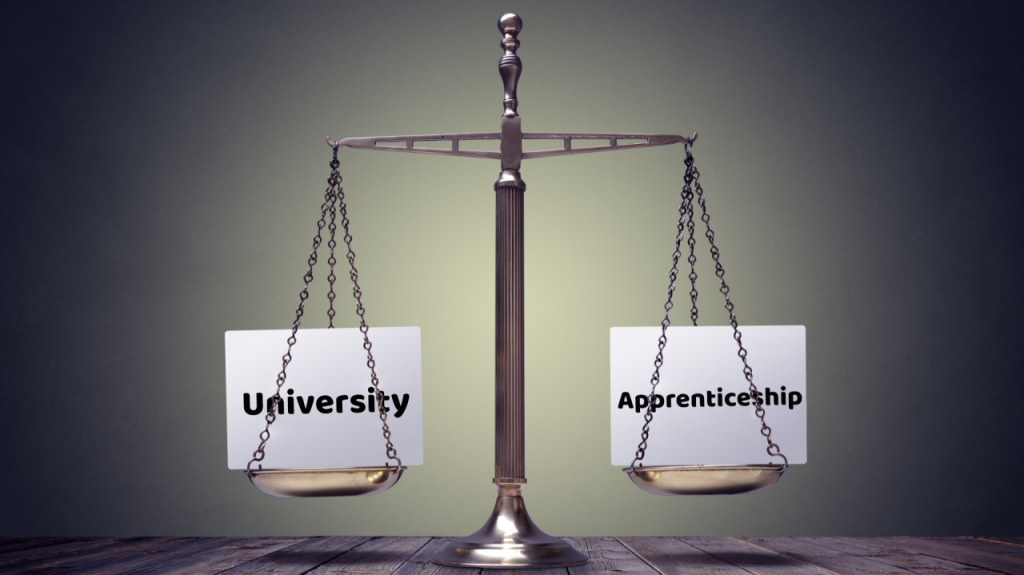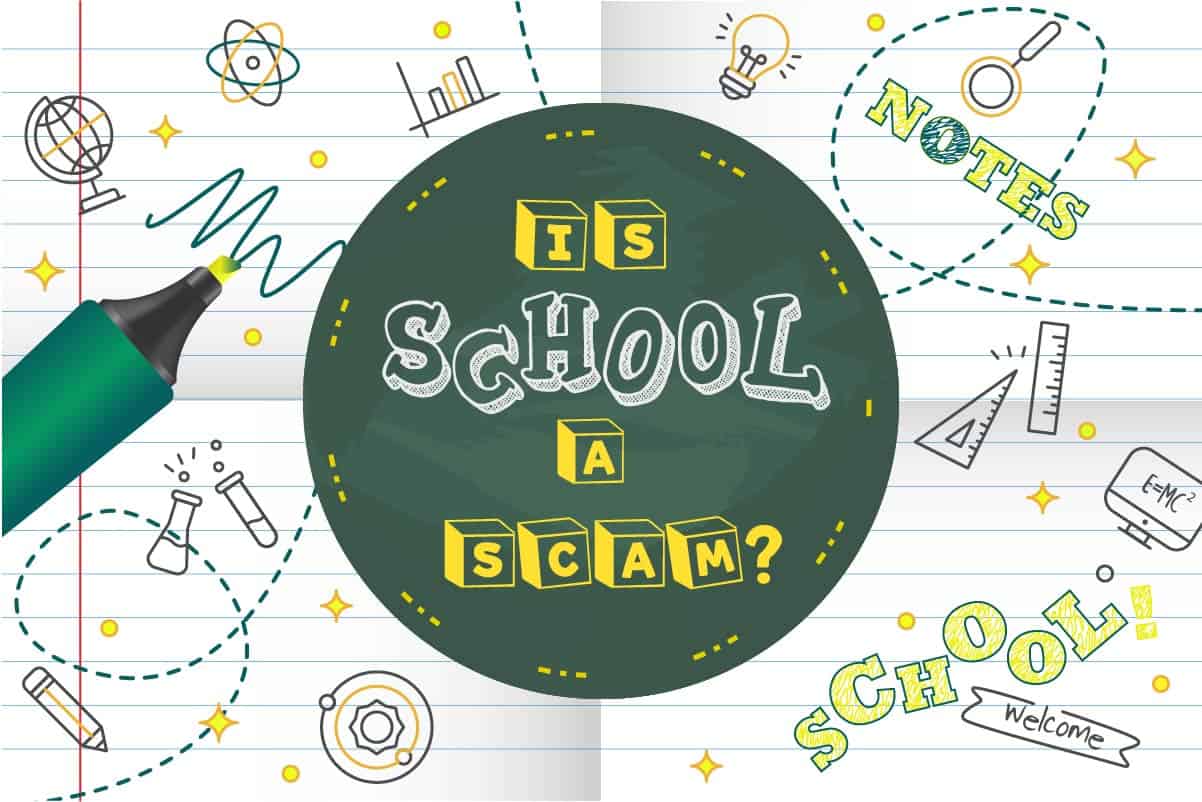The popular Nigerian slang, “school na scam,” reflects a sentiment that has gained traction, especially among the younger generation. The phrase suggests a cynical perspective toward the traditional education system, implying that pursuing formal education might not guarantee success or fulfillment in life. While it is important to acknowledge the diversity of opinions on this matter, it’s crucial to delve into the reasons behind the emergence of such a viewpoint.
One of the factors contributing to the “school na scam” sentiment is the rising awareness of alternative paths to success. Many successful individuals worldwide, including entrepreneurs, artists, and innovators, have achieved remarkable feats without following the conventional academic route. This realization has led some individuals to question the necessity of a formal education, arguing that real-world experiences, skills development, and entrepreneurial ventures can be equally or more valuable.

Additionally, the rising cost of education in terms of tuition fees and associated expenses has become a significant concern. Some individuals may view the financial investment in education as disproportionate to the perceived returns, especially in a job market that is evolving rapidly, and where the value of specific degrees or qualifications may be subject to change.
However, it’s important to note that education encompasses more than academic achievements. The broader aspects of personal development, critical thinking skills, and exposure to diverse perspectives are integral components of the educational experience. While the sentiment “school na scam” may highlight certain challenges within the education system, it’s essential to foster a balanced conversation that acknowledges formal education’s strengths and weaknesses.

In essence, the debate surrounding whether school is a scam prompts a broader conversation about the evolving nature of education. It challenges us to critically examine the strengths and weaknesses of the education system while recognizing the multifaceted nature of learning and personal development. Instead of viewing education as an all-or-nothing endeavor, let’s embrace a more balanced discourse that appreciates the diverse avenues through which individuals can navigate their journey to success.
